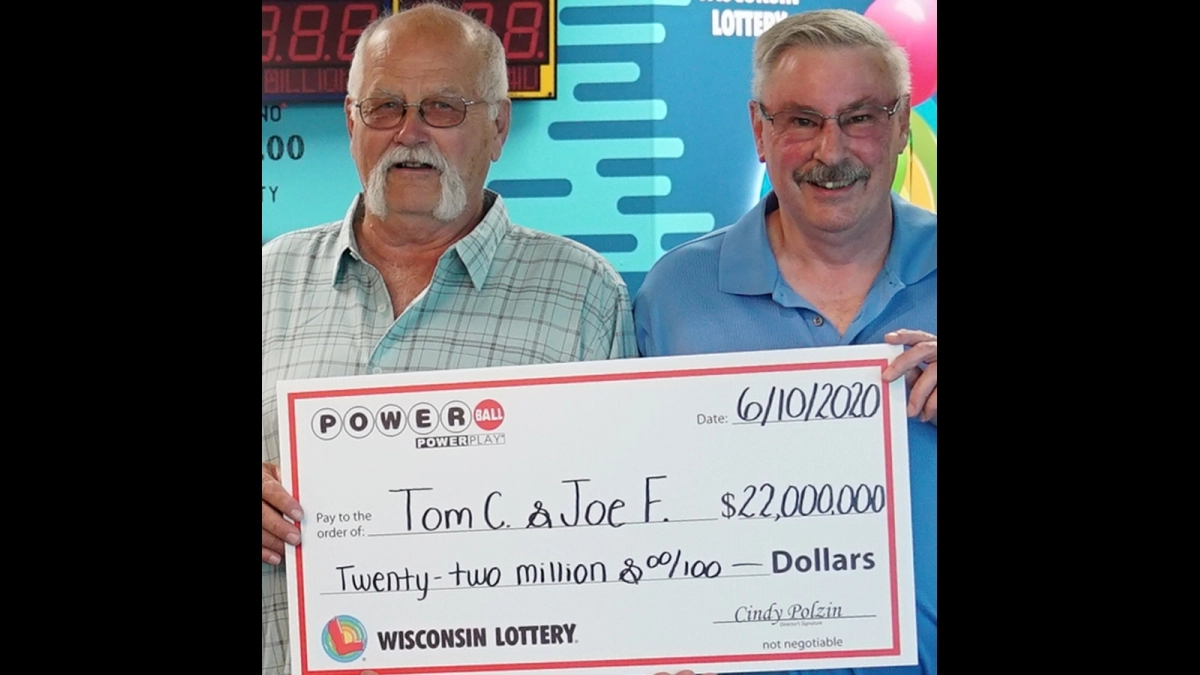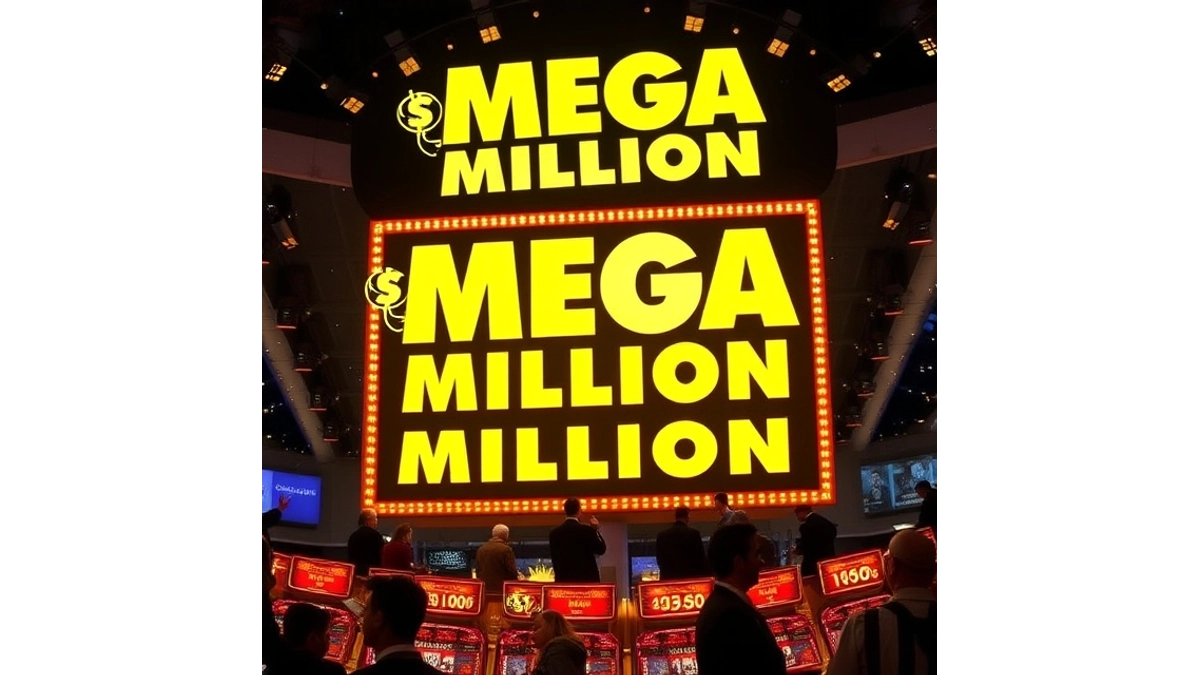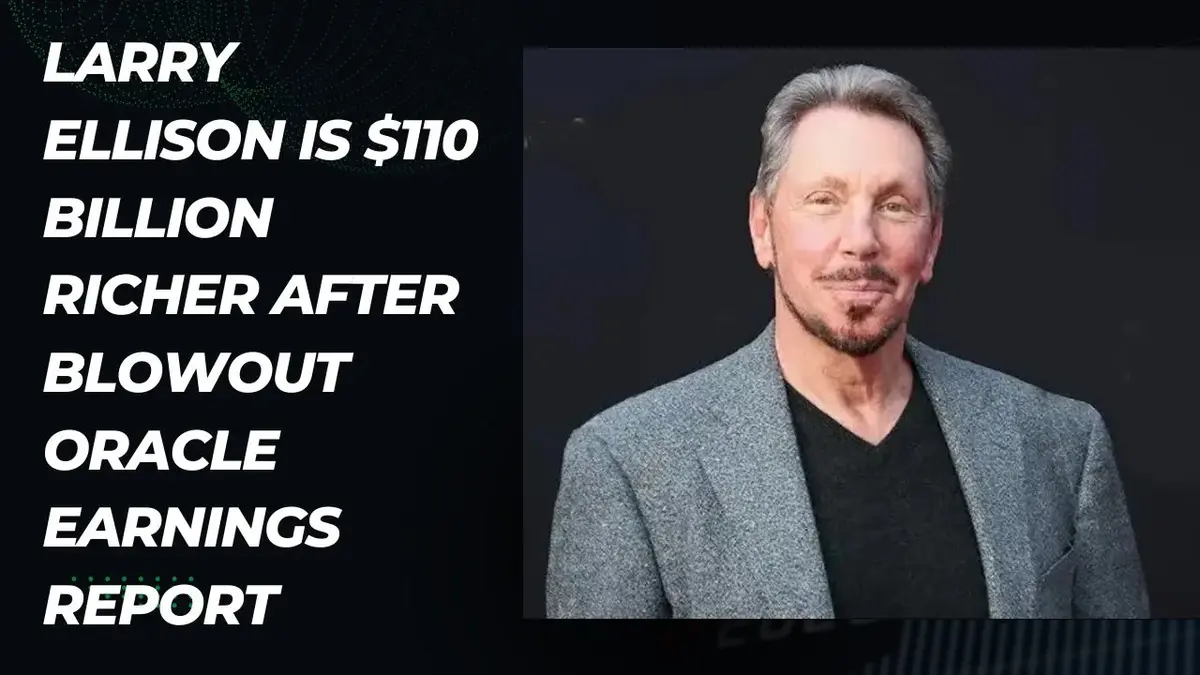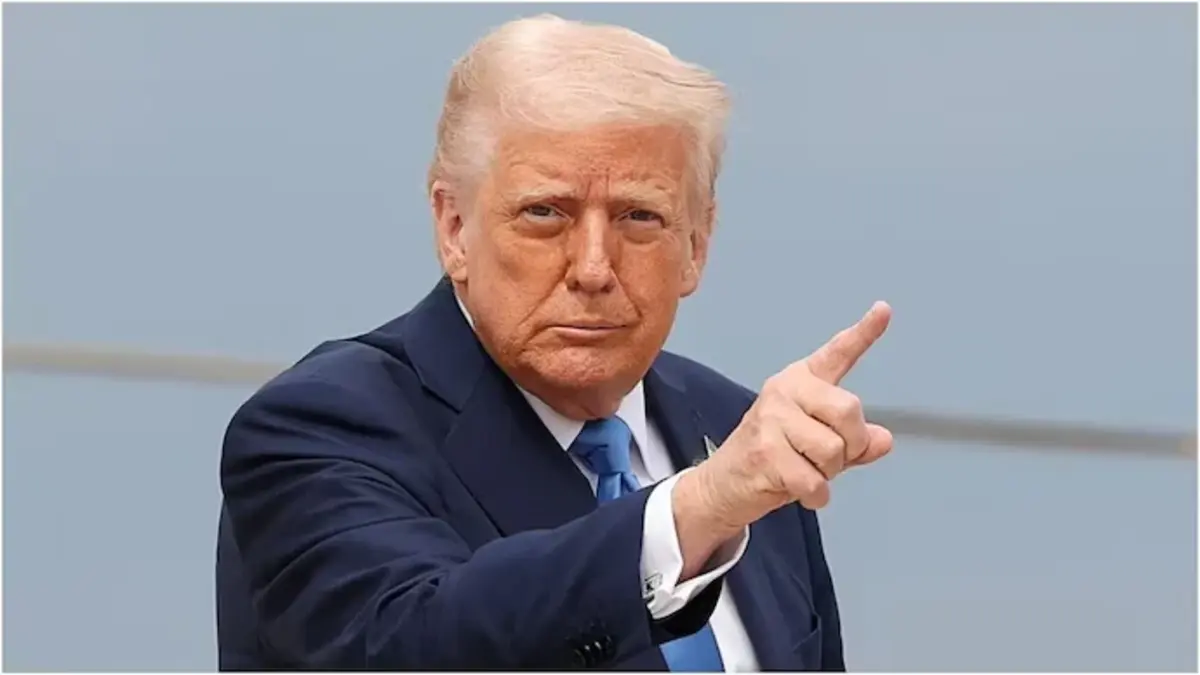- 1 When $1 Billion Is No Longer Surprising: The Mega Millions Jackpot Soars Again
- 2 The Growth of Lottery Jackpots and Why It Matters
- 3 Why Are Mega Millions and Powerball Jackpots So High?
- 4 The Mega Millions Prize: What Could $1.15 Billion Buy?
- 5 The Lottery Curse and the Realities of Winning Big
- 6 When $1 Billion Is No Longer Surprising: The Mega Millions Jackpot Soars Again
When $1 Billion Is No Longer Surprising: The Mega Millions Jackpot Soars Again
READ MORE NEWS
Overnight Funding Rates Rise Despite Fed Efforts to Curb Volatility
United States Dollar Edges Higher on Expectations of Growth Boost from Incoming Trump Administration
Alibaba and E-Mart Forge Strategic Alliance to Dominate South Korea’s E-Commerce Landscape
Wall Street Rallies Ahead of Christmas: A Rejuvenating Surge Despite Ongoing Inflation Concerns
China’s Anti-Dumping Investigation into EU Brandy Extended Amid Rising Tensions
Nippon Steel’s US Steel Takeover Plan Has Strong Support in U.S. Steelmaking Areas, Executive Says
From Academia to OnlyFans: Zara Dar’s Unconventional Career Shift
The U.S. lottery scene is about to hit another extraordinary milestone, with the Mega Millions jackpot projected to reach a jaw-dropping $1.15 billion. As the prize continues to grow, more people are flocking to convenience stores in hopes of claiming their share of this unimaginable wealth. But with billion-dollar jackpots becoming a more common occurrence, one question looms large: When $1 billion is no longer surprising, what comes next?

The idea of a lottery jackpot surpassing $1 billion used to be a rare event, one that captivated the public’s imagination. Yet, as the Mega Millions prize continues to climb, the novelty of such a large payout is beginning to wear off for some. With Friday’s drawing set at an estimated $1.15 billion, excitement is still building, but experts are questioning whether we’ve become desensitized to these colossal figures.
Jonathan D. Cohen, author of For a Dollar and a Dream: State Lotteries in Modern America, wonders aloud what will happen if $1 billion becomes routine. “The question lurking is, what happens when $1 billion becomes routine and people don’t care about it anymore?” Cohen asks, pointing out the psychological impact of seeing such a large number too often. Despite this concern, it’s clear that the prospect of such an enormous payout still grabs attention, even if it’s no longer the earth-shattering moment it once was.
The Growth of Lottery Jackpots and Why It Matters
To understand why jackpots like this are becoming the new norm, it’s essential to look at the history of lotteries. Lotteries have existed for over 4,000 years, starting in ancient Rome, where emperors used them for social events and prizes. By the 1400s, lotteries funded public works in Europe, and in colonial America, they helped finance the Revolutionary War. In fact, Thomas Jefferson was a big proponent of lotteries, calling them a tax “laid on the willing only.”
However, lotteries fell out of favor in the U.S. in the 1800s due to concerns about fraud, mismanagement, and their impact on poor communities. The revival came in the 1960s when states began using lotteries to address financial shortfalls. Since then, lotteries have evolved into a significant source of revenue, with the Mega Millions jackpot now climbing into the billions.
The first Mega Millions jackpot, launched in 1996 as “The Big Game,” started at $5 million. Adjusted for inflation, this sum would be about $9 million today—still a life-changing amount but far smaller than today’s jackpots. Now, Friday’s estimated $1.15 billion prize dwarfs that initial payout by a significant margin, reflecting the changing landscape of U.S. lotteries.
Why Are Mega Millions and Powerball Jackpots So High?
The surge in jackpots can be attributed to several factors. Mega Millions and Powerball are sold in 45 states, as well as Washington, D.C., and the U.S. Virgin Islands. This wide reach means that more people are purchasing tickets, which drives up the jackpot. Additionally, lottery officials have made changes to the games, including increasing the number of possible combinations of numbers, which makes it harder to win but results in even higher prizes.
Cohen explains that bigger jackpots attract more attention, which leads to more ticket sales. “Games with massive payouts tend to be more popular despite the slimmer odds,” he says. This cycle of increasing jackpots and growing ticket sales helps fuel even larger prizes, with the first billion-dollar jackpot appearing in 2016. Cohen anticipates that this upward trajectory will continue.
The Mega Millions Prize: What Could $1.15 Billion Buy?
To put the $1.15 billion prize into perspective, the winnings could theoretically purchase a Major League Baseball team. Forbes recently valued the Miami Marlins at $1 billion, and this prize could comfortably cover that cost. Or, to put it in another context, the $1.15 billion could match the total revenue of Taylor Swift’s Eras tour, which crossed the $1 billion mark in 2023, making Swift’s tour the first in history to reach such a monumental figure.
These comparisons highlight just how large the Mega Millions prize has become. What once seemed like an unimaginable sum is now just another example of the kind of wealth that exists in today’s entertainment and sports industries. But while the prize may be enormous, the odds of winning remain dauntingly slim, and that’s part of what fuels the frenzy.
The Lottery Curse and the Realities of Winning Big
With such large jackpots, there’s always the question of what happens when someone actually wins. The so-called “lottery curse” is a well-known trope, often exemplified by figures like Andrew “Jack” Whittaker Jr., who won a record Powerball prize in 2002 but was later plagued by scandals, lawsuits, and personal setbacks. The pressure of sudden wealth can be overwhelming, and many winners face difficulties adjusting to their new lives.
However, Jonathan Cohen points out that the vast majority of lottery winners don’t suffer the same fate. In fact, studies have shown that lottery winners tend to be happier, healthier, and wealthier than the average person. Despite the widespread belief that wealth should be “earned” rather than won, Cohen suggests that people often misunderstand the emotional and psychological benefits of financial security.
When $1 Billion Is No Longer Surprising: The Mega Millions Jackpot Soars Again
As the Mega Millions jackpot continues to climb into the billions, the question of whether we’ve become too accustomed to such large prizes persists. Will $1 billion eventually lose its excitement, or will we continue to be captivated by the allure of unimaginable wealth? One thing is certain: for now, the dreams of winning big are as strong as ever, and the jackpots just keep getting higher. Whether or not $1 billion becomes routine, it’s clear that these massive prizes are reshaping the way we view wealth and lotteries in America.








